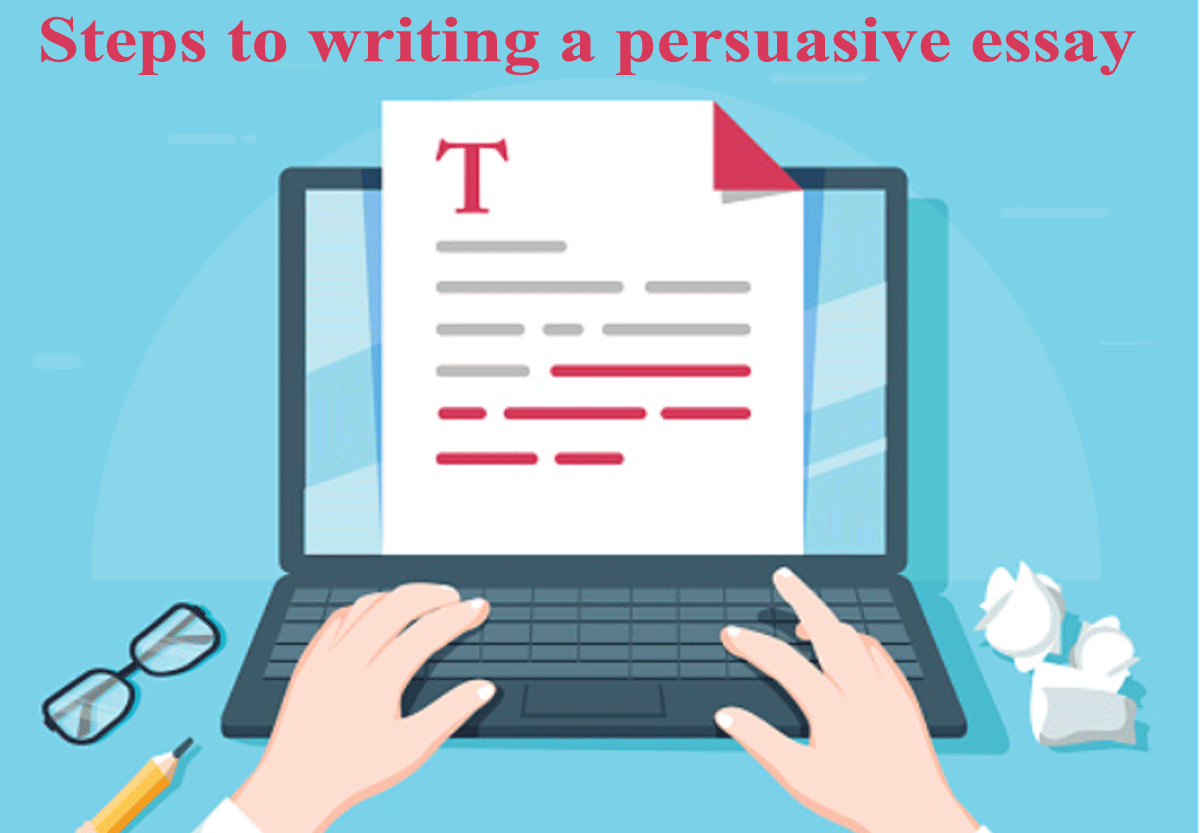Writing a persuasive essay requires a careful and deliberate approach that considers the essay’s purpose, audience, and structure. Whether you are writing a persuasive essay, a research paper, or a literary analysis, there are several paramount elements that you should consider to ensure that your essay is well-written, well-structured, and effectively communicates your ideas. This essay will discuss some tips and strategies for essay writing skills.
Understand the purpose of your essay
The first step in writing an ideal essay is to understand the purpose of your essay. Is your essay intended to persuade, inform, or entertain your readers? Knowing the objective of your essay will help you to determine the tone, structure, and content of your essay.
Analyze the topic and research thoroughly
Once you have understood the purpose of your essay, the next step is to analyze the topic and conduct thorough research. This involves reading and analyzing relevant sources, taking notes, and organizing your thoughts. This will help you develop a clear and focused thesis statement and identify the main points and arguments you will make in your essay. This could include reading books, articles, and online resources or conducting interviews and surveys.
Develop a clear and concise thesis statement
A thesis statement is a concise statement that outlines your essay’s central argument or idea. It should be clear and specific and should furnish a roadmap for the rest of your essay. Your thesis information should be located at the end of your introduction paragraph.
Plan your structure for writing a persuasive essay
The next step is to plan the structure of your essay. This involves outlining the main points and arguments you will make in your essay and organizing them logically and coherently. It would be best to start with an introduction that delivers background information on the topic and introduces your thesis statement. This should be followed by body paragraphs providing evidence and supporting your thesis statement. Finally, it would be best to end with a conclusion summarising your main points and restating your thesis statement.
Use clear and concise language
Using clear and concise language when Writing a scholarship or college is essential. Avoid using overly complex language or jargon that your reader may not understand. Instead, use straightforward language that communicates your ideas.
Use evidence to support your arguments
Using evidence to support your claims is essential when making arguments in your essay. This may involve citing relevant sources, providing examples, or using statistics or other data. This will help to strengthen your arguments and make your essay more persuasive.
How to write a perfect essay examples
Transitional phrases are words or phrases that connect sentences and paragraphs and help to create a smooth and coherent flow in your essay. Examples of transitional phrases include “however”, “in addition”, “consequently”, and “in conclusion”. Using transitional phrases will help to create a sense of cohesion and clarity in your essay.
Edit and proofread your essay
Once you have written a persuasive essay, editing and proofreading carefully are vital. This involves checking for spelling and grammar errors, assuring that your sentences are clear and concise, and ensuring your essay is well-organized and coherent. You may also want someone else to read your essay to provide feedback and suggestions for improvement.
Conclusion
In conclusion, writing a persuasive essay requires careful planning, research, and attention to detail. By understanding the purpose of your essay, analyzing your topic, developing a clear thesis statement, planning your essay structure, using clear and concise language, using evidence to support your arguments, using transitional phrases, and editing and proofreading your essay, you can create a well-written and persuasive essay that effectively communicates your ideas to your reader. Remember, practice makes perfect, so keep writing and refining your skills!




Leave a comment